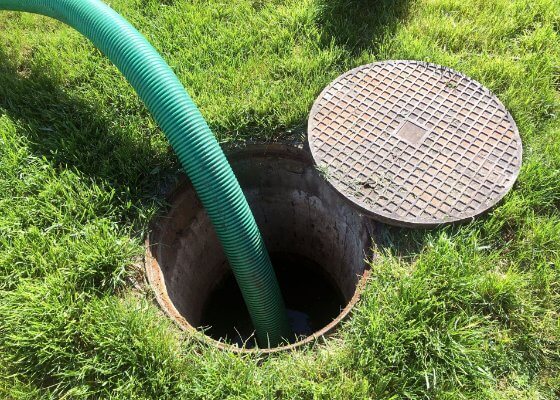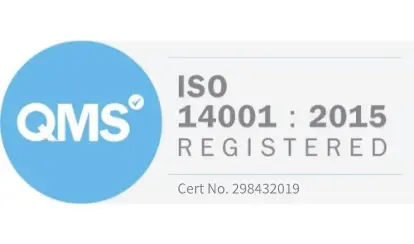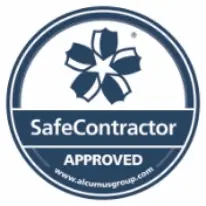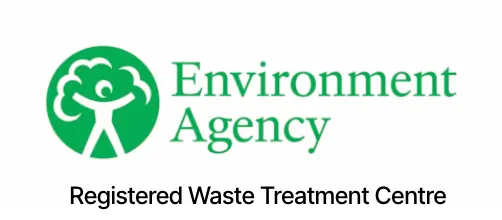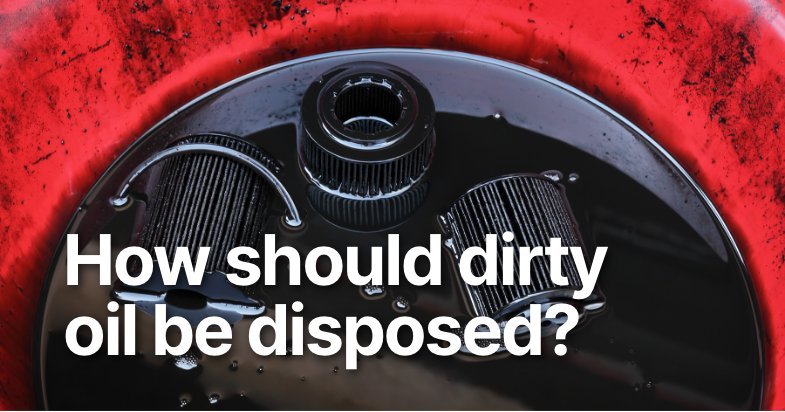
Proper waste oil disposal in the United Kingdom is crucial to protect the environment and comply with legal regulations.
If you are a business or a service centre generating waste oil, it will be important to understand and follow the requirements for the safe and legal collection and disposal procedures for your waste oil.
We have vast experience in the safe handling waste oil and have been supporting businesses in a wide range of areas including Bristol, Bath, Bridgwater, Cardiff, Swindon, Newport and Gloucester.
Here we have listed specific industries that need to consider responsible waste oil disposal:
- Garages – Car Servicing Repair Centres
- Garages – Commercial Vehicle Servicing Repair Centres
- Industrial Manufacturing Facilities
- Commercial Transport Companies
- Construction and Engineering Industry
- Aviation Industry
- Food Industry and Commercial Kitchens
Identification of Waste Oil
The first important point of the process is to identify the type of waste oil you are generating. This will form the basis of how the oil will be collected and disposed of correctly. Dependent on the nature of your business, different waste oils will be produced. Common sources of wate oil include:
- Used Motor Oil
- Hydraulic Oil
- Industrial Lubricants
- Cooking Oil
Waste Oil Registration & Authorisation
When choosing a waste oil collection and disposal business to help you with your requirements, it is vital to ensure that the collectors and transporters involved are registered and authorised by the Environment Agency.
Here at Anderson Waste Oil Management Centre in Bristol, we are fully registered and authorised to collect, transport and dispose of all types of waste oil.
All our vehicles are labelled appropriately and fully comply with the requirements set out in the Environmental Permitting Regulations.
Waste Oil Storage Containers
While waiting for the waste oil collection it will be important to only use secure, labelled containers specifically designed for storing waste oil. These types of containers are specifically designed to help prevent leaks and spills.
In order to avoid potential collection or disposal errors, it is important to have clear labelling that must include information about the type of waste oil contained.
Waste Oil Segregation and Storage
It is crucial to completely segregate the different types of waste oil to prevent contamination during storage. Establishing designated areas that comply with environmental regulations and ensure that the facilities have appropriate secondary containment measures that provide the secure environment for waste oil storage.
Collection Points and Authorised Facilities
The storage areas of for the waste oil must also utilise only authorised waste oil collection points and transfer stations. As part of the development of these areas, you must verify that these facilities hold all the necessary permits, and they comply with the environmental regulations.
Consider Waste Oil Recycling Opportunities
Before any waste oil disposal, it will be important to explore recycling options first. There are many facilities in the UK that are equipped to reprocess waste oil into usable products. by recycling, it contributes to sustainability and reduces the environmental impact of waste oil disposal.
Waste Oil Documentation and Record Keeping
It is important for all businesses that produce waste oil to maintain a comprehensive set of records for the waste oil disposal process. Dall the documentation should include details such as the source, quantity, and type of waste oil, as well as detailed transfer notes and consignment records.
Compliance with Duty of Care Regulations
There are regulations that place obligations on businesses and individuals to ensure proper waste handling, these being Duty of Care Regulations. This includes using authorised waste carriers and maintaining records of waste transactions. If your business requires this service, then you must adhere to the Duty of Care regulations.
Our team always have a strong focus on ensuring that our obligations to the Duty of Care regulations are maintained.
Regular Audits and Inspections
In order to maintain the levels of safety and compliance, it is highly recommended that your business conduct regular internal audits and inspections. These will need to verify that waste oil disposal practices align with regulatory requirements and help you address any identified issues promptly to maintain compliance.
Continuous Improvement
It is highly recommended that you stay informed about developments in waste oil disposal technologies and best practices. To help this process, you should implement continuous improvement measures to enhance the efficiency and sustainability of the waste oil disposal processes.
By following these steps, businesses and individuals in the UK can contribute to a more environmentally friendly and compliant waste oil disposal system.

